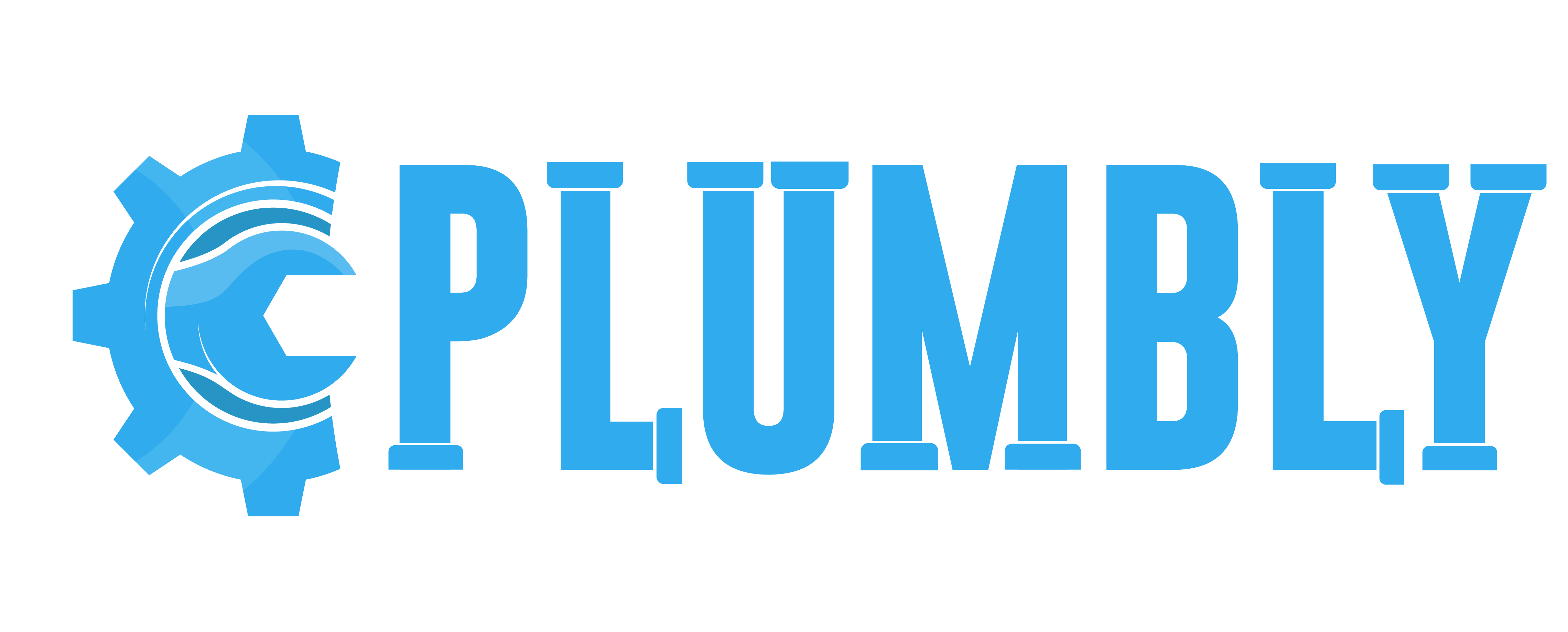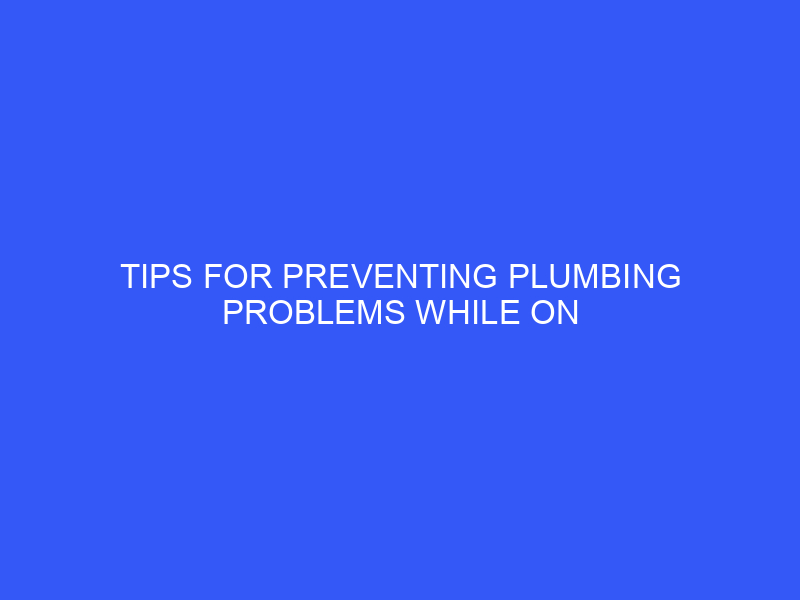Handling serious plumbing difficulties like broken pipes, clogged drains, leaky faucets, and sump pump failures is simple if you are at home. You need to contact expert plumbing repair services for assistance or do it yourself if you have enough knowledge of what to do. But what if nobody at home can prevent unplanned plumbing catastrophes from happening while you’re away on vacation?
When you return from your enjoyable and restful holiday, you’ll likely find yourself in front of a flooded basement or an unpleasant-smelling toilet.
Therefore, you need to take precautions and avoid plumbing issues that could arise at any time before getting your car keys and shutting the front door.
Tips To Prevent Plumbing Problems While Away
A severe plumbing disaster is never an excellent moment to happen. However, the worst-case situations always occur when you’re distracted or away. Thankfully, there are steps you can take to guard against your appliances and the structure of your house being harmed by leaks and ruptures on your indoor plumbing lines.
Here are some pointers to help you avoid a terrible return after your vacation:
Shut off the main water valve properly.
Turning off your main water valve before leaving your house is the safest and most practical technique to avoid plumbing problems like leaks and busted pipes. It’s crucial to know where your home’s main water supply is located and how to operate shutdown valves, mainly if there are unexpected plumbing issues.
Testing the functionality of your water valves is also advised, especially during the winter. Your valves may become stuck or frozen in certain situations. Never use force to switch it on or off. If the valves are jammed, get in touch with a reliable plumbing repair company right away.
Turn off individual water valves.
Sometimes, leaving your garden sprinkler valve open is necessary, so cutting off your main water supply might not be the best action. Ensuring each supply valve on your property is appropriately turned off is the best course of action. Doing this can lower your water cost and lessen the likelihood of plumbing emergencies.
To stop leaks, close the specific shutdown valves behind toilets and beneath sinks. Your washing machine has a water supply valve behind it that requires maintenance. Before you depart, each valve must be turned off.
Check and fix minor leaks.
Before driving off, walk around your property and inspect your water lines for minor leaks or cracks. These tiny leaks frequently conceal internal corrosion, which, if ignored, might result in serious plumbing problems.
Don’t wait to remedy any plumbing line issues you discover until you return. Make the first move to seek expert assistance. While little leaks and drips are easily fixed, ignoring them will cause additional stress and costly repairs.
Drain water lines
If you are planning a winter vacation, frozen pipes may be a problem. After turning off your water valves, go one step further in your precautionary measures and let your plumbing lines empty any leftover water. Water might freeze and burst your pipes if it is not removed.
Remove clogs in drains.
Even though it might not seem like a plumbing issue, cleaning your garbage disposal and sinks is essential if you don’t want to return home to an offensive odour.
Flush all your drains with water to ensure no obstructions or debris are present. Because drains can become clogged, it’s crucial to repair them even if you’re not planning a vacation.
Have a trusted friend check in.
You can hire someone you can trust to take care of household chores like watering the plants, getting the mail, or watching your pets if you don’t want to spend your vacation worrying about the state of your house. Additionally, you may help your friend identify any plumbing problems that unintentionally surface before they become significant problems.
It doesn’t hurt to have someone periodically inspect your plumbing system, even if you’ve taken special precautions to maintain it. Tell them where the shutoff valves, drainage systems, pipelines, and similar features are located on your property, and explain how they work.
You deserve a restful getaway free from household obligations and anxieties. Avoiding annoying plumbing issues can significantly increase by acting quickly and taking additional precautions before leaving your journey.
FAQ’S
What is the plumbing system issue that occurs most frequently?
Clogged drains and toilets, leaky faucets and pipes, issues with water heaters, low water pressure, and a running toilet are the most common plumbing issues.
How do you maintain toilet pipes?
Cleaning your drains once a week is the most important maintenance you can do on your plumbing system. A small baking soda and apple cider vinegar will quickly finish this. To flush the toilet, pour the two ingredients down the drain and watch for bubbles to form. This will remove any tiny impediments that may have been included in your system.
How do you reduce water pressure in plumbing?
The pressure regulating valve, or PRV, is the most effective way to lower the water pressure in a house. A PRV fastens to your pipe. It can be installed by a qualified technician, after which it will be simple to adjust the water pressure in your plumbing system to the proper PSI.
How do you maintain pressure in a pipe?
The pipe’s internal diameter can be adjusted to control fluid velocity in your piping system most effectively—the larger the pipe diameter, the slower the fluid. This variable should be changed to keep the surge pressure below the piping material’s maximum working pressure and maintain the required flow rate.
How do you keep the water pressure constant?
Regardless of how many faucets operate simultaneously, you can guarantee consistent water pressure throughout your house by swapping out your conventional pressure tank and switching to a constant pressure system. Pump speed in a system with continuous pressure will vary depending on the water required.
How do I increase water pressure in my water system?
Adjust your regulator slightly if the reading on your pressure gauge is low. To raise the pressure, crank the adjustment screw on the regulator clockwise. Start with minor adjustments to your home’s water pressure, and keep testing to see if it improves.


